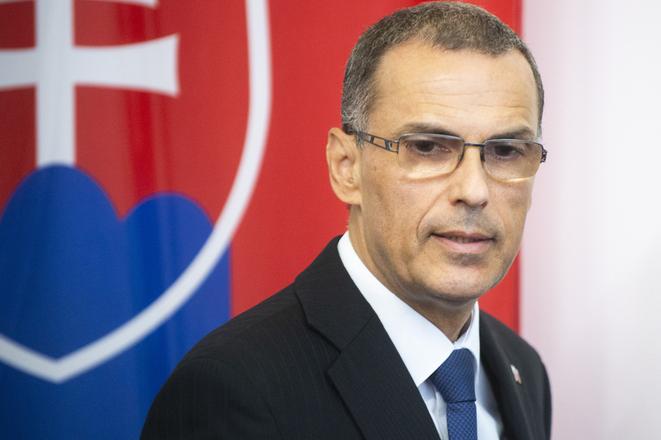General Prosecutor Maroš Žilinka has finally clarified his mysterious social media post from mid-September when he promised to give an “important and serious” statement.
Back then, President Zuzana Čaputová turned to the Constitutional Court over a dispute between her and Žilinka. In March, he refused to send her a file with decisions made on the basis of Section 363 of the Penal Code. Žilinka has been criticised for using the legal tool to scrap criminal charges in several high-profile corruption cases linked to the ruling Smer party. The president thus wanted the court to decide if Žilinka had been allowed to decline her request.
However, Žilinka perceived the president’s move as another attack on him by the president and then-ruling OĽaNO-led coalition. The coalition elected him the general prosecutor in December 2020.
In September, it was believed that he would announce that he would run for president in 2024 or resign. He has refuted these speculations several times.
Žilinka stays
After more than 40 days, on October 31, he wrote on social media that he had been considering leaving. However, that is no longer his plan.
“I will not succumb to attacks, no matter how intense or aggressive they may be, and these will not prevent me, as the general prosecutor, from enforcing and strengthening legality,” he wrote.
In recent years, Žilinka has been closely following the steps taken by previous coalition governments. For example, he investigated the management of the Covid-19 pandemic and the situation revolving around illegal migration.
He will not look into recent purges in the police force by the new interior minister, Matúš Šutaj Eštok, the Sme daily wrote.
Section 363 helped Smer leaders
The previous OĽaNO-led coalition governments had planned to restrict the use of Section 363. However, the then-coalition could not agree over the changes and the section remained unchanged.
Section 363 has helped today’s PM Robert Fico, Defence Minister Robert Kaliňák, and Smer MP and former police chief Tibor Gašpar, to name a few.
The general prosecutor is elected for seven years. Žilinka was elected in the first round, receiving 132 of 147 votes in parliament. He was then appointed by the president.


 General Prosecutor Maroš Žilinka. (source: TASR - Jakub Kotian)
General Prosecutor Maroš Žilinka. (source: TASR - Jakub Kotian)